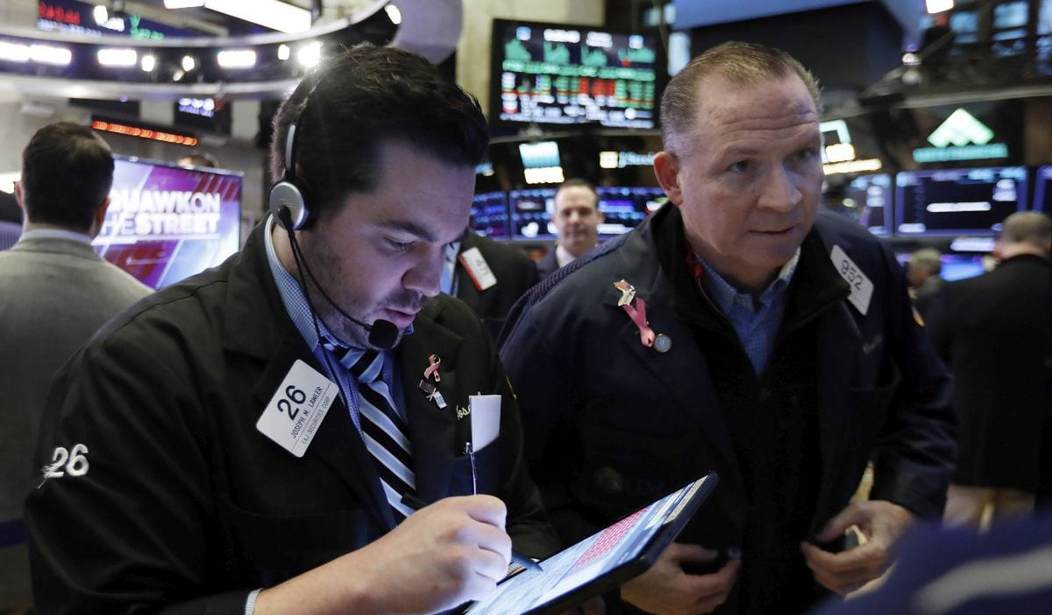A few weeks ago, there was blood on the floor of the New York Stock Exchange. Stocks lost $10 trillion in value and earnings are expected to be in the toilet.
So why did stocks add $3 trillion in value just this week? Why a booming stock market in the midst of cratering economy?
Investors can’t explain it.
Does it make any sense? To skeptical Wall Street veterans, the answer is obvious: no. While stimulus is flowing and the curve may be flattening, investors are bidding up stocks at a time unemployment may already be 15%, with economists forecasting one of the biggest contractions ever. Only a fool buys equities trading at 40 times the worst estimates for this year’s profits.
To all that, a single rebuttal exists. That in the absence of clarity, investors have no choice but to write this year off entirely. No matter how bad the recession gets, markets look forward — relentlessly. Whatever horrors the world is yet to endure investors will focus on the recovery.
That’s why it’s never good to panic when the stock market goes into a funk. If there is certainty in life besides death and taxes, a rising stock market should be added to the list.
“It’s almost as if nobody is even going to worry about 2020,” said Chris Gaffney, president of world markets at TIAA. “If the earnings are so bad that it looks like the company won’t be able to survive, that matters. But for most companies, investors have to look past 2020 because nobody knows what’s going to happen.”
To be sure, it takes a radical bull case to ignore everything going on now. Companies may be suffering lasting structural damage to their earnings power. Surely equities are worth less in a recession, objectors say, and who knows how long it will take to rebuild the economy? That’s why Wall Street has been heaping mud on the S&P 500’s 25% jump since March 23, saying it’s a bear-market bounce. But it’s the only viable way to explain a week in which the Nasdaq 100 ended just a couple big days away from erasing its 2020 decline.
It’s possible that the shock of how bad the pandemic got led to the initial panic. But investors appear to be adjusting to the new normal faster than anyone thought. The underlying strength of the economy probably has a lot to do with that attitude. That, and the prospect of a recession that’s shorter rather than longer.
This isn’t like the 2008 credit crunch where investors were on pins and needles waiting for Congress to act. Congress and the president took decisive and massive steps to address not only the immediate needs of the healthcare sector, but infused more than a trillion dollars into the short-term economy that will keep most businesses above water until another, equally massive bailout is voted on once the economy starts going again.
That doesn’t mean that the market’s upward trajectory will continue indefinitely. There are bound to be additional shocks to the system causing dips and valleys.
But this, too, shall pass. Recovery is assured — as long as Democrats are kept out of power and their notions of “fairness” and “income inequality” are shelved.










Join the conversation as a VIP Member